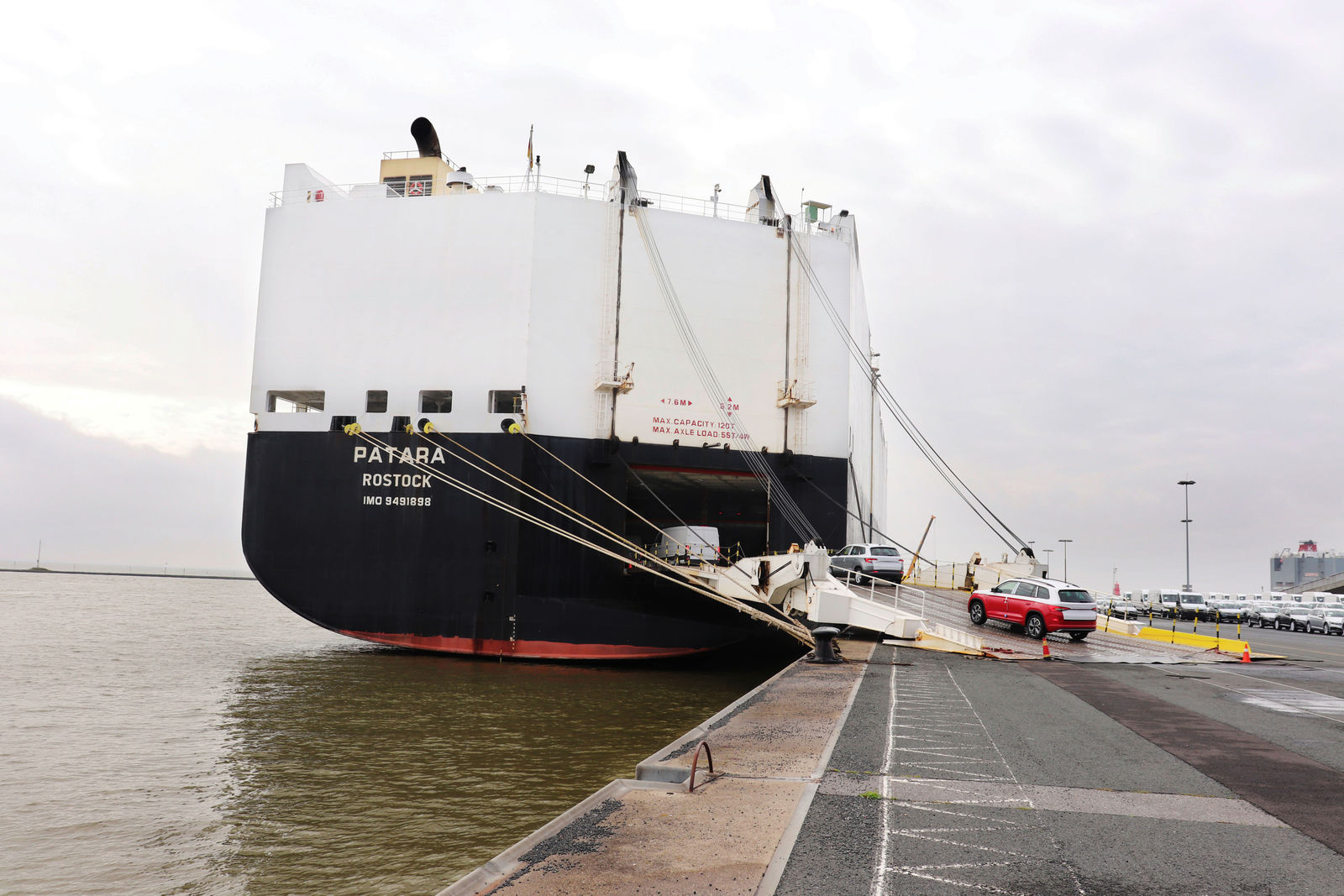The two ships, which are both 180 meters long, are each powered by an MAN marine diesel with more than 19,000 PS (14,220 kW). In future, the two ships are to be refueled at sea off the coast of Vlissingen (Netherlands) with alternative fuel supplied by the Dutch company GoodFuels. This way, the CO2 emissions of the two conventional vessels along their route will be reduced by more than 85 percent – from over 60,000 to about 9,000 tonnes per year. In addition, sulfur oxide emissions will be almost completely avoided.
This change is part of a strategy to make Group Logistics even greener: another element is the use of liquefied natural gas (LNG) to power car freighters. These vessels travel between Europe, North America and Latin America. Furthermore, all rail shipments in Germany with DB Cargo are being changed over to eco-power. “This way, Volkswagen Group Logistics is helping the Group achieve net carbon neutrality by 2050,” says Zernechel.









